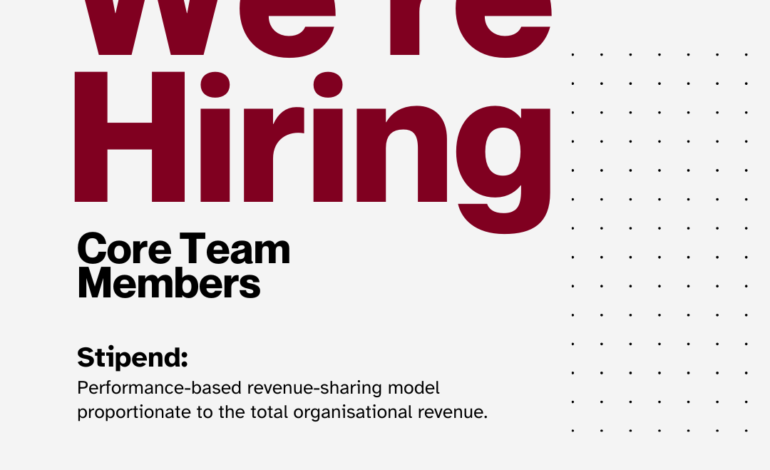
Supreme Court Likely to Consolidate CLAT 2025 Challenges Under Punjab & Haryana High Court
Last Updated on January 16, 2025 by Amit Patra
In a major development for law aspirants throughout India, the Supreme Court has shown its willingness to consolidate all petitions challenging the outcome of CLAT 2025 under the jurisdiction of the Punjab and Haryana High Court.
The case has now been listed before a Bench comprising Chief Justice Sanjiv Khanna and Justice PV Sanjay Kumar in transfer petitions filed by the Consortium of National Law Universities. Challenges to the CLAT 2025 results are currently pending before seven High Courts in the country, including Delhi, Karnataka, Jharkhand, Rajasthan, Bombay, Madhya Pradesh, and Punjab & Haryana.
While Solicitor General Tushar Mehta suggested the Karnataka High Court as the forum, CJI Khanna opted for the Punjab and Haryana High Court, citing its better disposal rate. The order has come despite representations by student representatives who sought the jurisdiction of the Delhi High Court, in particular, in view of its recent order pointing out two wrong answers in the examination.
The reason for the Court’s leaning towards consolidation is the requirement of speedy disposal of such cases. This order is in line with the Supreme Court’s earlier direction in December 2024, when it asked CLAT-PG challengers to move High Courts instead of filing direct petitions.
The issue assumes greater importance in the light of the Delhi High Court division bench’s prima facie backing of its single bench’s order that had detected errors in two CLAT-UG 2025 answers, asking the Consortium to revise results accordingly.
The Supreme Court has issued notices returnable by the first week of February 2025, in a major step towards consolidation of legal challenges to one of India’s premier law entrance examinations. Such consolidation will avoid the possibility of conflicting judgments and ensure uniform treatment for all challenges to the CLAT 2025 results.




